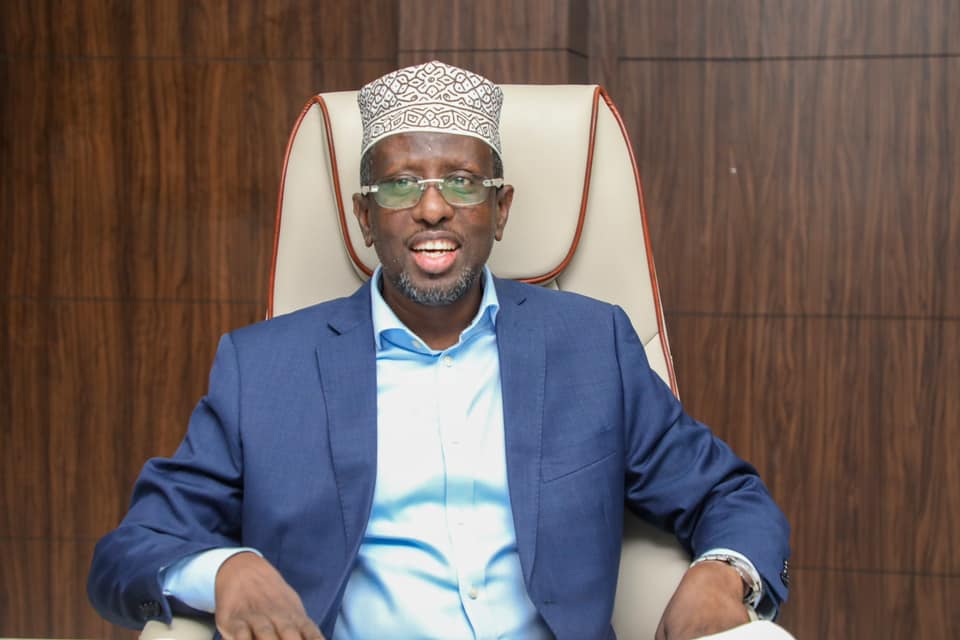The International Monetary Fund (IMF) and Senegalese authorities have reached a staff-level agreement on economic and financial policies, paving the way for a new financing arrangement. The agreement includes a 36-month Extended Fund Facility (EFF) and Extended Credit Facility (ECF) with access to approximately US$1.526 billion. Additionally, Senegal will receive support from the Resilience and Sustainability Facility (RSF) amounting to around US$327.1 million. The agreement is subject to approval by IMF Management and consideration by the Executive Board, scheduled for mid-June 2023.
The policy priorities outlined under the EFF/ECF program focus on several key areas. Firstly, Senegal aims to reduce debt vulnerabilities by implementing fiscal consolidation measures. This will involve revenue mobilization, streamlining tax exemptions, and phasing out regressive energy subsidies. Strengthening governance and the anti-money laundering and financing of terrorism (AML/CFT) framework is another priority, along with promoting inclusive and job-rich growth through social safety nets, gender equality, and improving the business environment.
The RSF, part of the financing arrangement, will specifically support Senegal’s climate change mitigation objectives. It will aid in accelerating the country’s climate change adaptation efforts and help integrate climate change considerations into the budget process. These reforms align with Senegal’s National Determined Contribution (NDC) commitments under the 2015 Paris Agreement.
Mr. Edward Gemayel, who led the IMF mission to Dakar from April 27 to May 11, 2023, expressed satisfaction with the agreement. He emphasized that the EFF/ECF arrangement would provide a policy anchor in the face of challenging external and domestic circumstances. Gemayel acknowledged the impact of various external shocks, such as those related to the war in Ukraine, which hindered Senegal’s post-Covid-19 recovery. He noted that the global economic slowdown and tighter financial conditions would affect economic activity in 2023, but oil and gas production starting later this year could contribute to GDP growth exceeding 8 percent.
The agreement will support the Senegalese authorities’ efforts to safeguard debt sustainability and rebuild depleted buffers. The commitment to bringing the fiscal deficit down to 3 percent of GDP by 2025 was emphasized, requiring further revenue mobilization and the rationalization of energy subsidies. Gemayel also highlighted the importance of enhancing governance, combatting money laundering and financing of terrorism, and promoting social inclusion and job creation.
The RSF-supported reforms aimed at climate change mitigation and adaptation will play a crucial role in Senegal’s NDC commitments. By integrating climate-related considerations into the budget process, Senegal aims to strengthen its resilience to the effects of climate change.
During the visit, the IMF team had the opportunity to meet with high-ranking Senegalese officials, including President Macky Sall, Prime Minister Amadou Ba, and various ministers. The team also engaged with representatives from the business community, civil society, and development partners. The IMF expressed gratitude for the excellent cooperation and constructive discussions during the mission and reaffirmed its support to Senegal.
The approval of the staff-level agreement by IMF Management and subsequent consideration by the Executive Board will mark a significant step in supporting Senegal’s economic growth, fiscal stability, and efforts to combat climate change.










